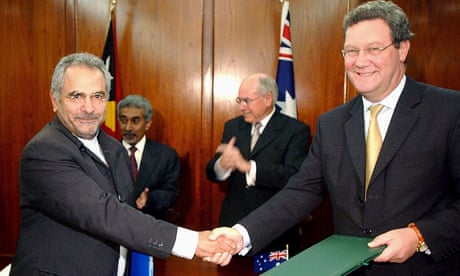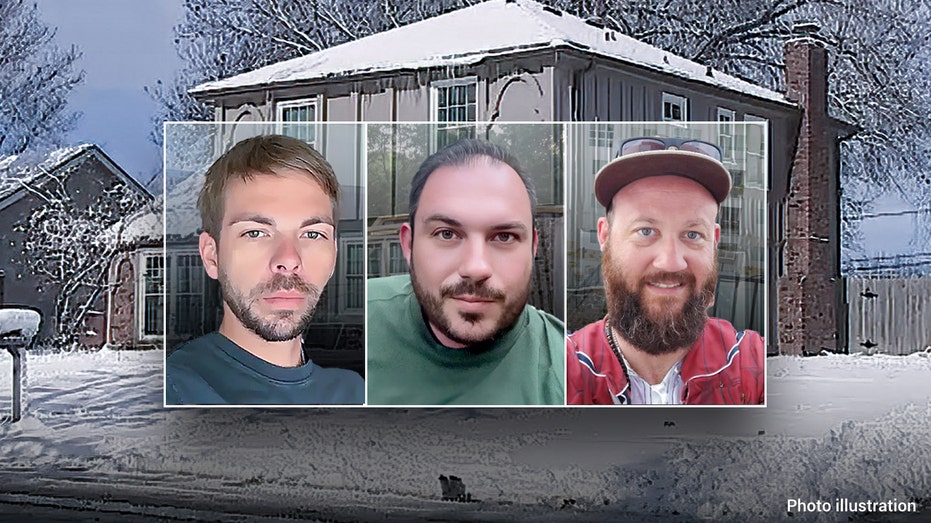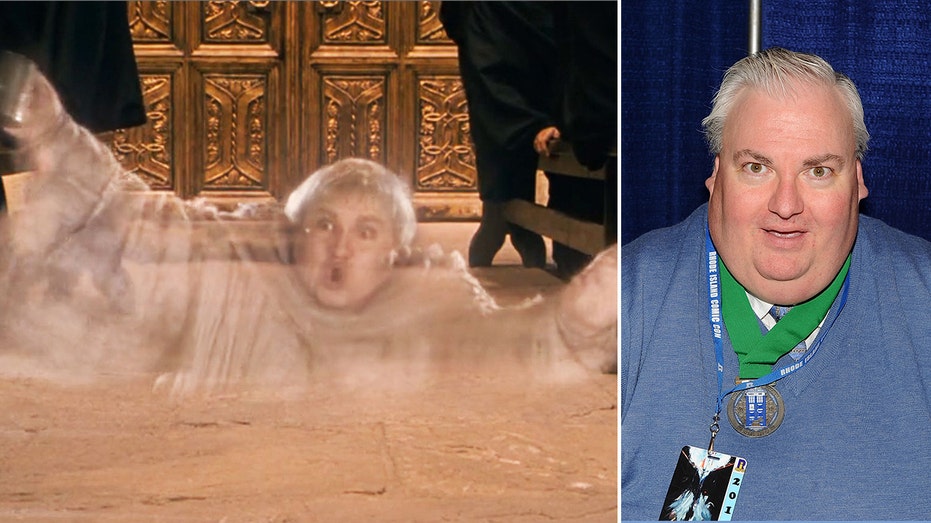- by foxnews
- 11 Mar 2025
Alexander Downer called Timor-Leste an ‘open book’ for Australia in 2000, tribunal hears
Alexander Downer called Timor-Leste an ‘open book’ for Australia in 2000, tribunal hears
- by theguardian
- 09 Feb 2022
- in news

Former foreign minister Alexander Downer privately boasted that Timor-Leste was an "open book" to the Australian government in the year 2000, well before the infamous bugging scandal revealed by Witness K, a tribunal has heard.
The Administrative Appeals Tribunal is hearing an application by independent senator Rex Patrick, who is seeking the release of previously secret cabinet documents about Australia's dealings with Timor-Leste following its 1999 independence vote.
As part of the case, Philip Dorling, a then foreign affairs department officer and adviser to shadow foreign affairs minister Laurie Brereton, has given evidence of a private conversation with Downer on 31 August 2000 during an RAAF flight from Dili to Maroochydore.
Dorling recalls Downer speaking of the second world war, describing Winston Churchill's mistakes and suggesting the war "could have been brought to a more rapid and victorious conclusion" if he had been in Churchill's position.
According to Dorling, Downer spoke of the importance of signals intelligence to the allied war effort and remarked that "clandestine intelligence gathering" remained vital for diplomacy.
He then recalls Downer saying: "You know. There's not much back there [in Dili] we don't know. We know what they're saying about Laurie. They're an open book to us."
Dorling, who went on to become a journalist and now works in Patrick's office, made a contemporaneous handwritten note about the conversation, which has also been filed to the tribunal.
"I interpreted Mr Downer's remarks, in the context of a discussion of the value of signals intelligence to diplomatic operations, as a measure of confirmation of the concerns expressed by Mr Ramos-Horta and Mr Carrascalao," Dorling told the tribunal.
At the time, Timor-Leste was not yet formally an independent nation. It was being governed by the United Nations Transitional Administration in East Timor after a successful independence ballot in 1999.
Downer told Guardian Australia he had no recollection of any conversation with Dorling 22 years ago.
But he said it was "particularly thick" for people to think Australia would send thousands of peacekeeping troops to Timor-Leste without learning as much as possible about the environment into which they were being deployed.
"What I do recall is we had thousands of troops in East Timor at that time and obviously we did our best to understand the environment in that country," he said.
"Your questions are just extraordinary and there must be something in the water in Australia that makes it hard for some people to understand why, when you deploy thousands of troops to a neighbouring country, you need to have extensive information on that country."
Patrick is seeking two archived documents, dated 29 August 2000 and 4 September 2000, which were not released under the usual 20-year rule due to fears they would compromise relations with a current government.
He has already secured the release of parts of the documents which show the Australian cabinet in 2000 was preoccupied with the interests of big oil and gas corporations, fearing the independence of Timor-Leste could disrupt access to the vast underwater reserves in the Timor Sea.
During subsequent negotiations in 2004 over the Timor Sea maritime boundary, Australia infamously bugged the government offices of Timor-Leste to gain an upper hand. That operation was exposed by intelligence officer Witness K and his lawyer Bernard Collaery, who were charged for their actions in 2018.
Collaery is still awaiting trial.
Patrick said the evidence suggested Australia had been spying on Timor-Leste "from the moment they became independent".
He said Timor was a "young, fragile, inexperienced country that was desperate for oil and gas revenues" to lift itself out of poverty.
"I'm a former submariner. I know the intelligence game. I've never come across intelligence being collected and used for commercial purposes. I've never seen an intelligence product being used to defraud a friend."
"Any continued secrecy relating to those events only serves to create a further sense of suspicion and impropriety between neighbours," he said.
"Whisper what you have to say, otherwise Australia will hear our conversation."
The case continues before the AAT.
- by foxnews
- descember 09, 2016
High-end vacation resort bans children to achieve 'tranquil environment'
The Alila Marea Beach Resort, located in Encinitas, California, has announced that it's no longer accepting kids and is transitioning to an adults-only vacation spot.
read more


